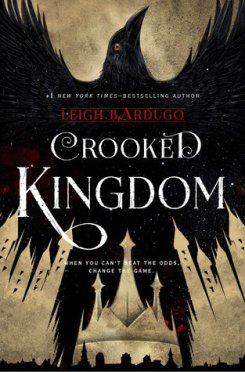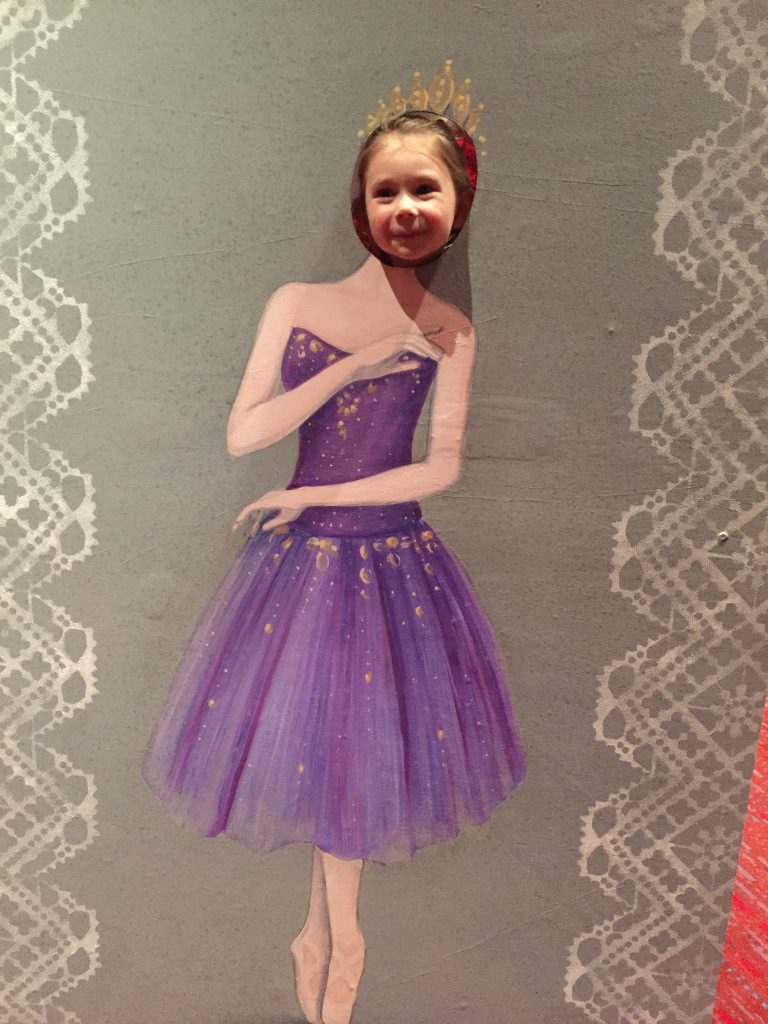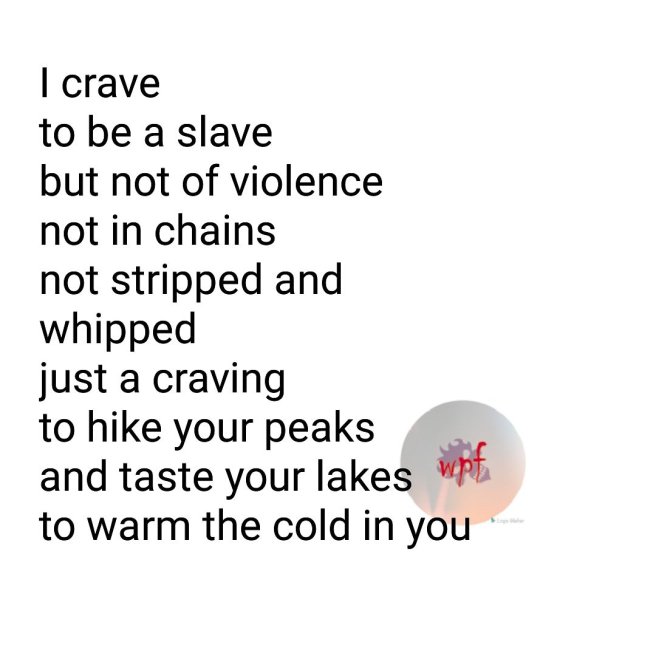
Crooked Kingdom (Six of Crows, #2) by Leigh Bardugo
Published by Henry Holt and Company on September 20, 2016
Genres: young adult, fantasy
Pages: 546
Format: Hardcover
Amazon | Goodreads | Audible
Rating: ★★★★½
Gosh, this series. I almost didn’t start it, and it’s one of my favorites. I’ve waited for years to love characters this much. As in, I’ve waited since Harry Potter. Since The Book Thief. And I will always love this series for the joy it gives me. It is a definite reread series; I need to get over my fear of damaging the covers and just reread it already, because reviewing it is bringing back all the warm fuzzies. ^_^
Okay, so, here’s the thing: I’m not sure how coherent this review will be. It’s kind of difficult for me to give you adequate context on this book and my feelings about it without spoiling either Six of Crows or Crooked Kingdom. I’ll try, though, and that means I might end up being vague. So sorry in advance.
I loved Six of Crows more than Crooked Kingdom, but that doesn’t mean Crooked Kingdom isn’t absolutely fantastic. It doesn’t mean Crooked Kingdom majorly disappointed me. (It didn’t; I’ll elaborate later.) I don’t want to say I didn’t like it as much as the first novel, because I feel that implies I didn’t enjoy reading it. And I did. Because, again, I love this series.
So I’ll try to explain that, too, I guess. But first, a story.
After I’d first read Six of Crows, I went to a book signing for Illuminae. And I was sitting with my mom and a bunch of college-aged young women, and they were discussing ACOMAF, which I hadn’t read yet, and Crooked Kingdom, which I also hadn’t read yet. But the girl next to me was talking about it with a bashful grin on her face (I think her name was Emily), so I asked her what she thought about it.
She’d loved it, she told me, without providing spoilers. She also said it was different from Six of Crows. I asked her to elaborate. She did: “Six of Crows is a heist novel,” she told me. “Crooked Kindgom is more of a con novel.”
I asked for more elaboration, and, once again, she gave it to me: She said there were a lot of seeming dead-ends, moments in the novel where you where absolutely sure a scene would end in a fight, and then the showdown you thought was going to happen actually didn’t. And the stakes would keep rising, and the characters would inch closer and closer to that epic fight you’ll spend the whole novel waiting for, but you will have to wait for that payoff.
I still believe her distinctions (heist vs. con) were the best descriptions of these books I’ve ever heard. Because she’s so right: Just like Six of Crows was an attempt to pull of the ultimate heist, Crooked Kingdom is an attempt to pull off the ultimate con. But this is Leigh Bardugo, and this is Ketterdam, and these are the Dregs. So obviously it’s much more than that.
In Six of Crows, we met the characters as they were before learning about who they used to be, in true criminal fashion. In Crooked Kingdom, our characters’ pasts resurface–sometimes in the form of people, sometimes in the form of mistakes. But everyone in this novel is coming to terms with some part of their pasts. Jesper as a boy sent away to be a student who took up gambling and sharpshooting instead. Wylan as a shunned and illiterate, but still brilliant heir. Nina as a Grisha whose powers are…different, now, thanks to jurda parem. Matthias as a soldier fiercely loyal to his country while becoming still loyaler to his reluctant friends. Inej as a victim of human trafficking, who, while she might be free of the brothel, is still not free of her memories, and is struggling to grasp her identity as who she is instead of what happened to her. Kaz as a broken boy who wants to be more for the people he loves, even though he doesn’t know how to do that.
These are issues of identity and self-perception and saving the world, and somehow Leigh Bardugo weaves so much emotion and so many different stories and struggles into one long, beautifully-printed novel and makes me love all of it to pieces. Because there’s so much going on, there’s never time to be bored. But that’s not why this is engaging; Leigh Bardugo makes you care about her characters. She makes you care about what happens to them.
Which brings me to my first point. (Hopefully that point will carry over into the rest of the review.)
I knew somebody was going to die. The stakes are incredibly high, and it’s a YA fantasy finale. You can’t not kill somebody. I didn’t know who it was going to be, though, so I was in anguish most of the book. No spoilers here!
I would have been disappointed if anyone would have died. My issue is I felt the death was resolved too quickly; this person dies, and then all the sudden their significant other leaves the picture. I get that it’s to take care of the dead character and have some space, but it just seemed to sudden, I wanted more closure.
And that’s really my only complaint about this novel; I felt everything ended too quickly. All that stress, all those too-close moments, all the betting and the sass-mouthing and the banter and the threats and the explosions and the moments that left me breathless, and then it…ends. There were certain threads I wanted resolved more delicately, certain relationships I wanted more of.
Which brings me to my next point: I’m unsure if I felt things ended suddenly because 1) Leigh Bardugo did end things too suddenly, or 2) I could never get enough of this world, so any ending she’d give it would feel too sudden for me. Maybe it’s both.
So I guess that’s the reason why Crooked Kindgom is rated lower for me than Six of Crows; I didn’t have that light, happy feeling of resolve and completion this time around. (Six of Crows hardly ended smoothly, but I think you know what I mean.) And I think that’s okay; I read this a while ago, so I’ve had time to think about the ending more–enough to know I wasn’t let down, just shunned out of my happy place too soon.
TL;DR: I’ll always love this series, and I love BOTH of these books. But I’m basing my rating off of how I felt after first finishing the book: at the time, I’d wanted more.
And maybe I was dissatisfied. But maybe only the best books are capable of making you feel that way.
Advertisements Share this:




